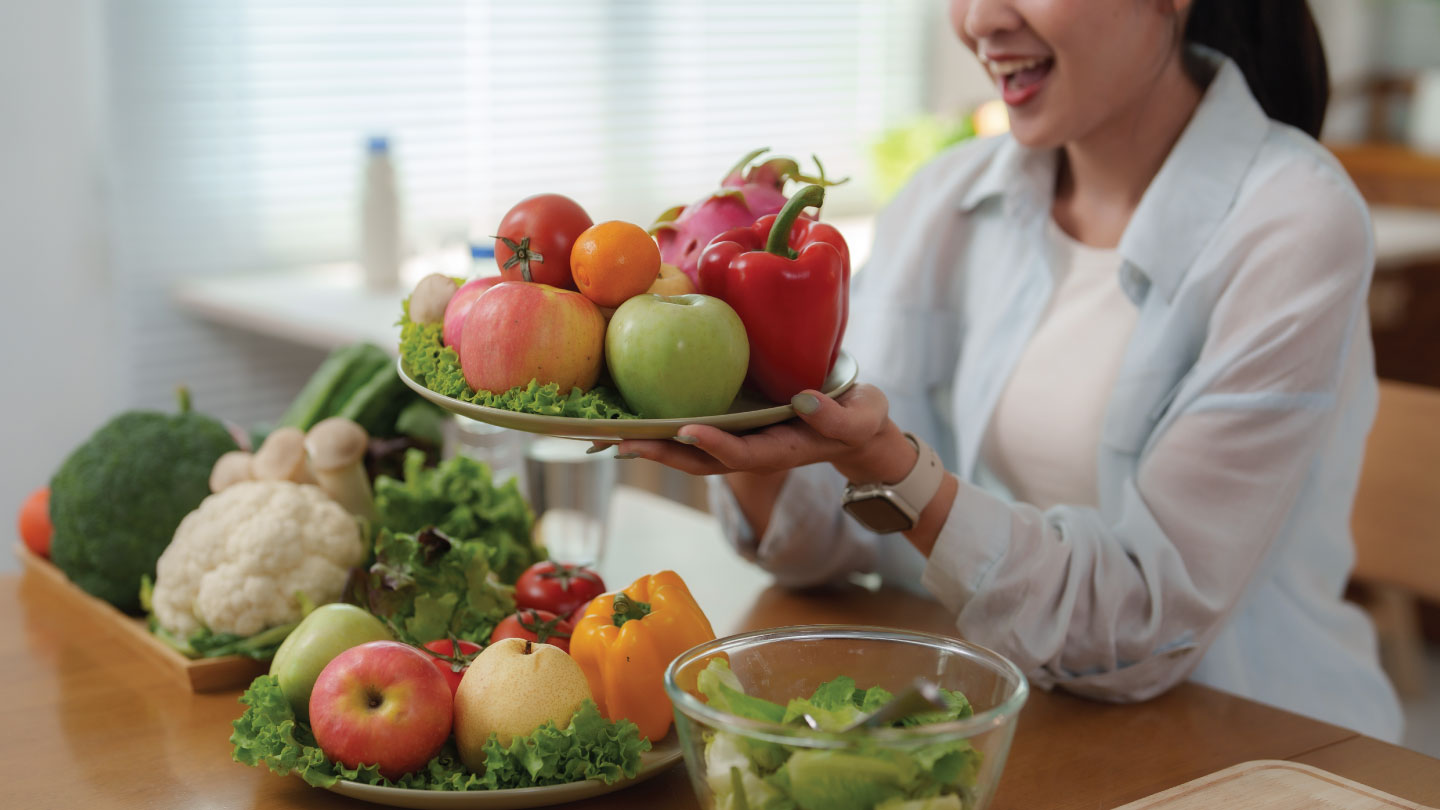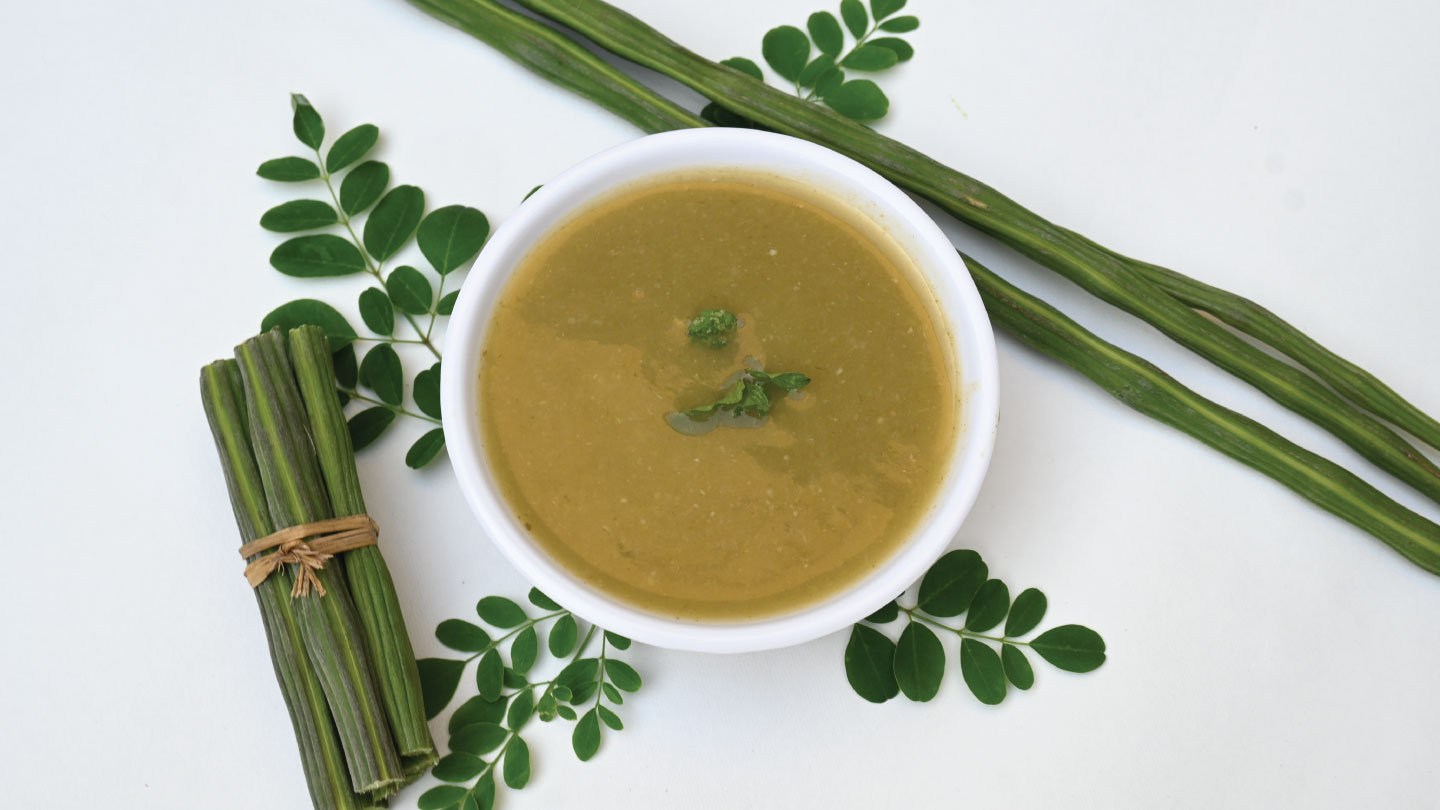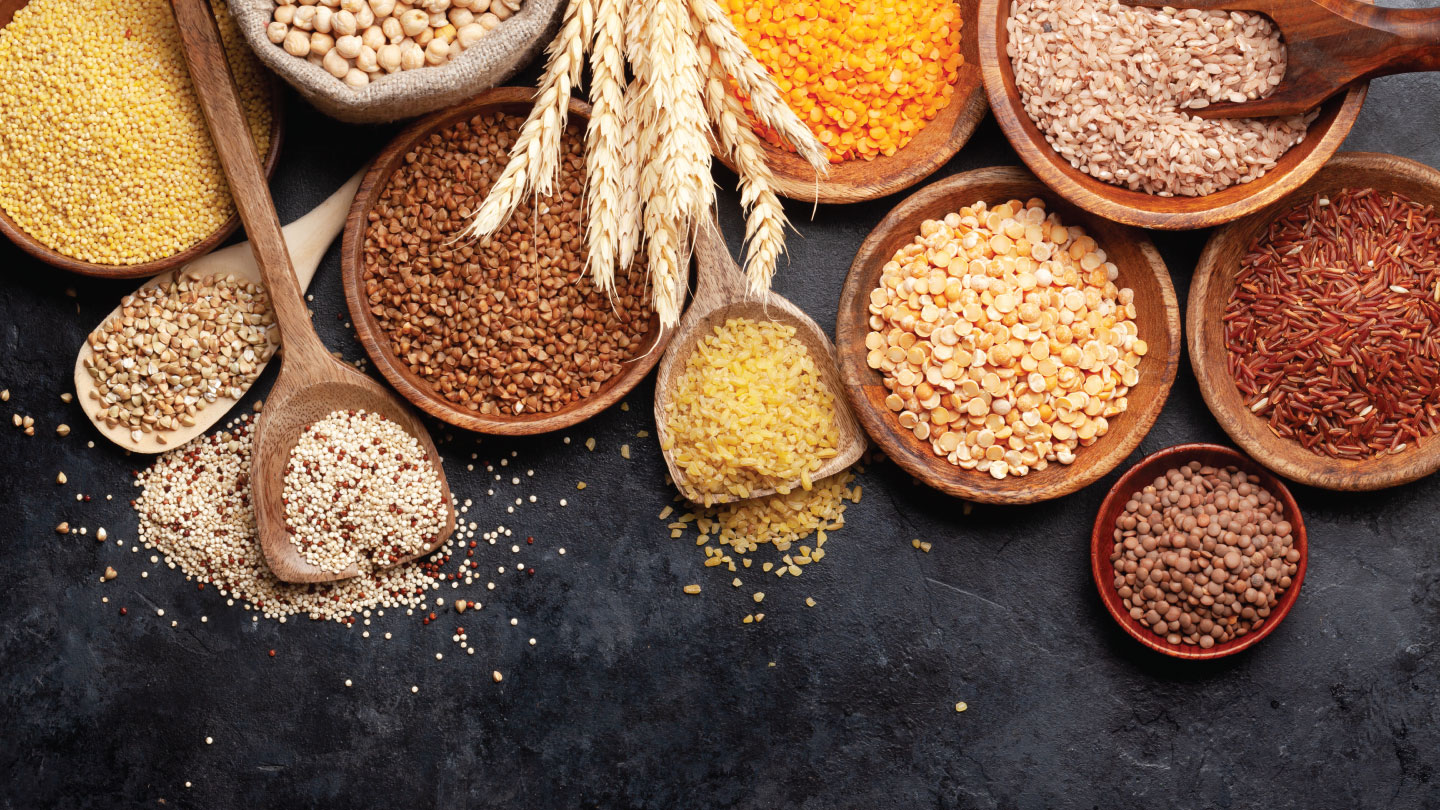Nutrition
Foods That Boost Progesterone Levels Naturally
Strike that hormonal balance through food. Here’s a list of simple, nutrient-rich Indian foods that can boost progesterone levels naturally.

While no food directly contains progesterone but what you eat does influence how your body produces, utilises, and metabolises it. According to studies, diet can impact progesterone by improving cholesterol metabolism (its raw material), supporting adrenal and thyroid health, and reducing stress-driven cortisol, which otherwise suppresses progesterone synthesis.
Related Story: How To Maintain Hormonal Balance Naturally: Seed Cycling For The Luteal Phase
1. Vitamin C-Rich Foods: Amla, Guava, and Red Bell Peppers
Why it helps: Vitamin C supports the corpus luteum (the gland that produces progesterone after ovulation). It helps convert cholesterol to progesterone and reduces oxidative stress in ovarian cells.
Pro tip: Eat amla or guava mid-morning, raw or as juice, but not cooked, as heat destroys vitamin C. You can sprinkle black salt and mint for digestion and flavour.
Best sources: Amla, guava, oranges, red bell pepper, drumstick (moringa pods), and coriander leaves.
Related Story: 5 Signs You Aren't Getting Enough Vitamin C
2. Vitamin B6-Rich Foods: Chickpeas, Bananas, and Garlic
Why it helps: Vitamin B6 aids in the production of progesterone and helps reduce mood swings and PMS symptoms linked to low progesterone.
Pro tip: Add roasted chana as an evening snack or include garlic and turmeric in daily meals as both support B6 metabolism.
Best sources: Chickpeas (chana), garlic, banana, potatoes, spinach, fish (if non-vegetarian).
3. Magnesium-Rich Foods: Spinach, Halim Seeds, and Almonds
Why it helps: Magnesium supports adrenal health and helps lower cortisol. High stress can suppress progesterone.
Pro tip: Have a nighttime drink of halim (garden cress) seeds soaked in warm milk, rich in magnesium, iron, and amino acids.
Best sources: Spinach, methi (fenugreek), halim seeds, almonds, cashews, jaggery (small amounts), and ragi.
4. Zinc-Rich Foods: Pumpkin Seeds, Sesame (Til), and Lentils
Why it helps: Zinc is a cofactor in enzymes that convert cholesterol to progesterone. It also helps follicle maturation and ovulation.
Pro tip: Roast pumpkin or sesame seeds and sprinkle them on salads or curd. Soaking them overnight improves zinc absorption.
Best sources: Pumpkin seeds, sesame seeds (til), moong dal, masoor dal, and peanuts.
Related Story: Recipe: Sesame Paneer Noodle Bowl, A Protein-Packed Comfort Meal
5. Omega-3 Fatty Acids: Flaxseed, Walnuts, and Fatty Fish
Why it helps: Omega-3s improve progesterone receptor sensitivity and reduce inflammation in ovarian tissue.
Pro tip: Grind flaxseeds (alsi) before use because whole seeds pass undigested. Add to rotis, smoothies, or dahi.
Best sources: Flaxseeds (alsi), walnuts (akhrot), mustard oil, soybeans, and fish (rohu, mackerel).
6. Vitamin E-Rich Foods: Sunflower Seeds and Groundnuts
Why it helps: Vitamin E protects the corpus luteum and supports uterine lining health, both essential for progesterone balance.
Pro tip: Snack on roasted groundnuts or sunflower seeds between meals. Avoid frying as it damages vitamin E.
Best sources: Sunflower seeds, groundnuts, almonds, avocado, mustard oil, spinach.
7. Choline-Rich Foods: Eggs and Cruciferous Vegetables
Why it helps: Choline helps the liver process excess oestrogen, supporting a better progesterone-to-oestrogen ratio.
Pro tip: Eat soft-boiled or poached eggs for better choline absorption. Vegetarians can add cabbage and cauliflower sabzi to meals.
Best sources: Eggs, cauliflower, broccoli, soybeans, mustard greens, and paneer.
Related Story: Recipe: A Crunchy Gujarati Cabbage Stir-Fry
8. Antioxidant Fruits: Berries, Pomegranate & Jamun
Why it helps: Antioxidants protect ovarian tissue from oxidative stress, which can lower progesterone.
Pro tip: Eat a pomegranate with black salt mid-morning or post-workout to boost iron and antioxidants together.
Best sources: Pomegranate, jamun, strawberries (in season), amla, black grapes.
Building a progesterone-supporting diet isn’t about supplements or exotic foods; it’s about balance, stress control, and nourishment. A traditional Indian thali, rich in lentils, vegetables, ghee, seeds, and grains, already provides many of the nutrients needed for hormone balance through food. Make everyday eating simpler and smarter. Book a diet consult today!
EXPLORE MORE
What if those bright orange peels you casually flick into the bin could transform your food, garden, and even your skin?
With winter around the corner, here is a perfect soup recipe that will boost your immunity and keep you warm.
Learn how to cook millets the right way and make your millet dishes more digestible, flavourful, and nutrient-dense.
Light, nourishing, and rich in protein, this veggie omelette bowl is the perfect way to start your day feeling full, focused, and energised, without overcomplicating your mornings.








.jpg)


.jpg)
